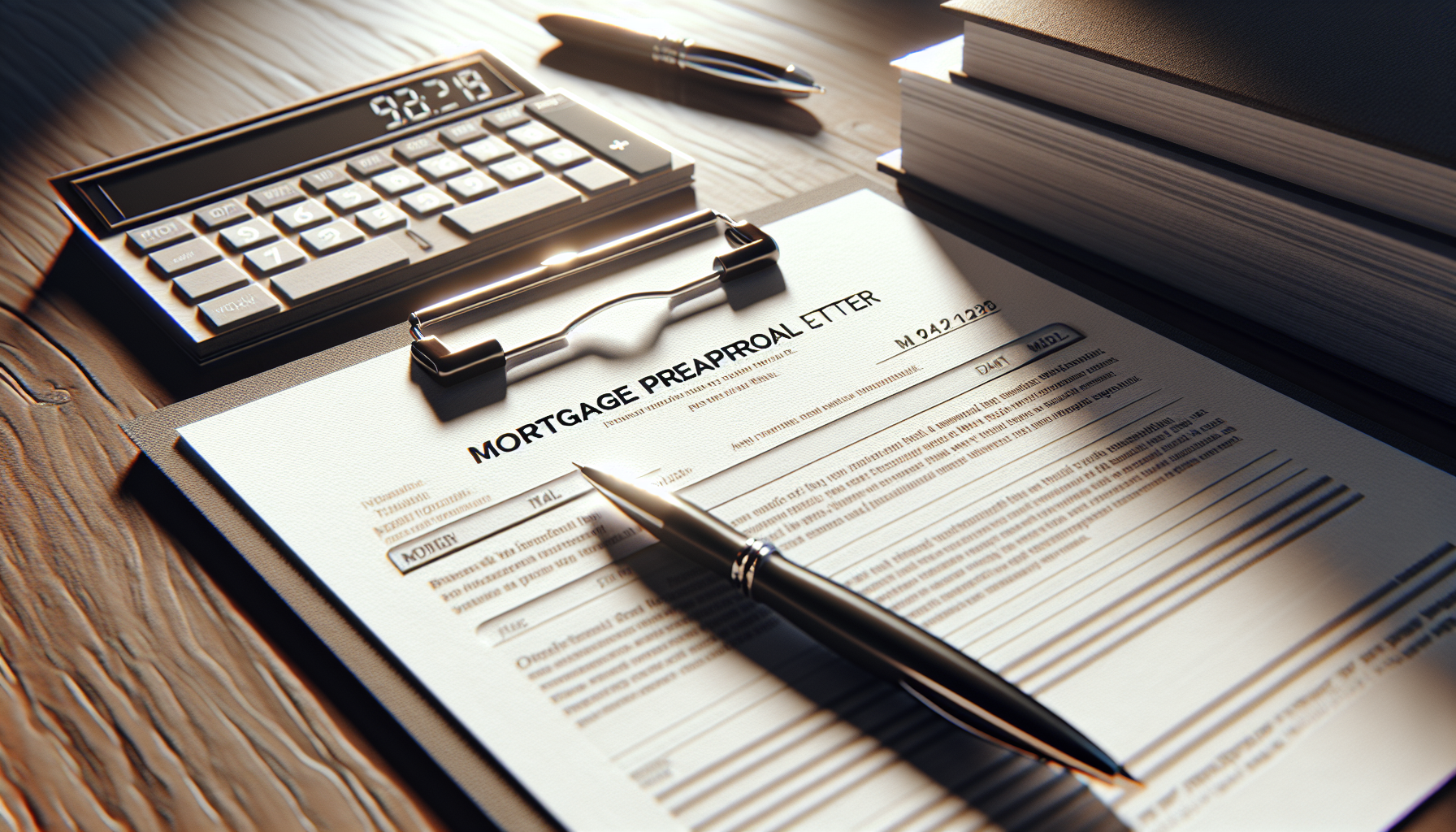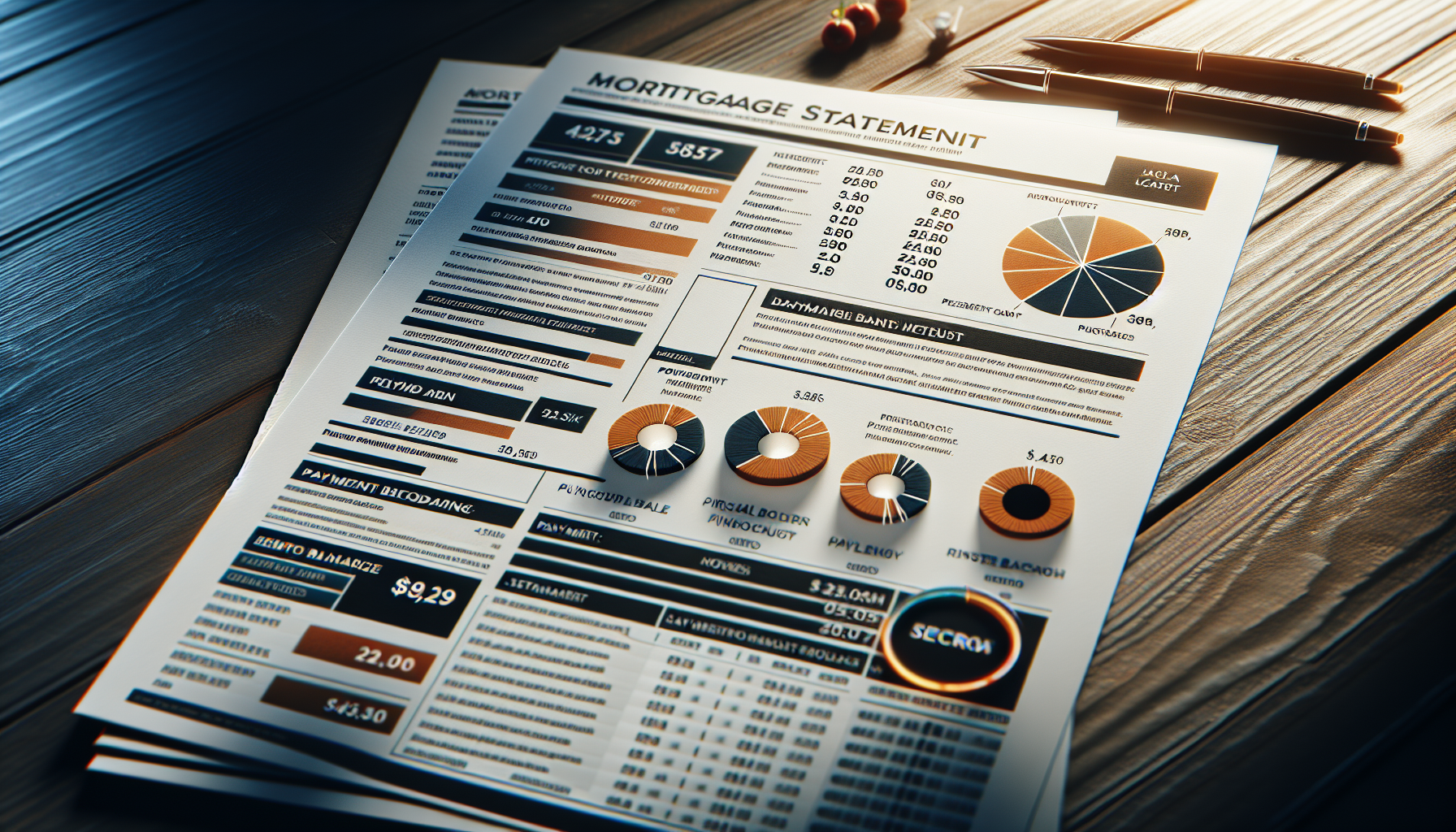When you’re ready to embark on the journey of buying a home, one of the first and most important steps is getting preapproved for a mortgage. Mortgage preapproval is a critical process that helps you understand your budget, shop for homes with confidence, and strengthen your offers in competitive markets. But how long does a preapproval for a mortgage last? Let’s dive into the details.
Understanding Mortgage Preapproval
What is Mortgage Preapproval?
Mortgage preapproval is a process where a lender conditionally approves you for a specific loan amount based on a thorough assessment of your financial situation. This assessment includes a review of your income, assets, liabilities, and credit score. The lender will determine the maximum loan amount you qualify for and provide an estimate of your mortgage rate.
Preapproval is a more in-depth process than prequalification, which is a simpler estimate of your borrowing potential based on self-reported information. Preapproval involves submitting a formal application and authorizing the lender to pull your credit report, giving you a more accurate picture of your mortgage options.
Mortgage Preapproval vs. Prequalification
It’s important to understand the difference between mortgage preapproval and prequalification. While both provide an estimate of your borrowing power, preapproval is a more thorough and reliable assessment. Prequalification is based on self-reported information and doesn’t involve a credit report, making it less accurate.
Preapproval, on the other hand, requires a formal application and a credit check. This process gives lenders a comprehensive view of your financial situation, resulting in a more precise loan estimate. Sellers and real estate agents often prefer preapproved buyers, as it demonstrates their financial readiness and ability to secure financing.
Factors Assessed in Mortgage Preapproval
During the preapproval process, lenders evaluate several key factors to determine your loan eligibility and terms. These factors include:
- Income: Your stable and reliable income sources, such as salary, bonuses, and self-employment earnings.
- Assets: Your available funds for a down payment, closing costs, and cash reserves, including savings accounts, investments, and gift funds.
- Liabilities: Your existing debts and financial obligations, such as credit card balances, car loans, student loans, and other mortgages.
- Credit Score: Your credit history and score, which indicate your creditworthiness and ability to repay the loan.
- Debt-to-Income Ratio: The proportion of your monthly income that goes towards debt payments, including your future mortgage.
Lenders use these factors to assess your risk level and determine the loan terms they can offer you. A strong financial profile, including a high credit score, stable income, and low debt-to-income ratio, can help you secure a higher loan amount and a lower interest rate.
Mortgage Preapproval Letter
What Does a Mortgage Preapproval Letter Include?
Once you’ve been preapproved for a mortgage, the lender will provide you with a preapproval letter. This letter is a formal document that outlines the key details of your approved loan, including:
- Approved Loan Amount: The maximum amount you’re qualified to borrow based on your financial assessment.
- Interest Rate: The estimated mortgage rate you can expect, which may be locked in for a specific period.
- Loan Terms: The proposed loan duration, such as a 30-year or 15-year term, and the type of loan, such as fixed-rate or adjustable-rate.
Your preapproval letter serves as proof to sellers and real estate agents that you’re a serious and qualified buyer. It demonstrates that you’ve taken the necessary steps to secure financing and have the ability to proceed with a home purchase.
How Long is a Mortgage Preapproval Letter Valid?
Mortgage preapproval letters have an expiration date, which varies depending on the lender. Typically, preapproval letters are valid for 60 to 90 days. Some lenders may offer shorter validity periods, such as 30 days, while others may extend the duration up to 90 days.
It’s crucial to be mindful of your preapproval letter’s expiration date, as it can impact your home buying process. If your preapproval expires before you find a home and make an offer, you may need to go through the preapproval process again. This can be time-consuming and may result in different loan terms if your financial situation has changed.
Timing Your Mortgage Preapproval
When to Get Preapproved for a Mortgage
Timing your mortgage preapproval is essential to make the most of its benefits. Ideally, you should get preapproved when you’re ready to start actively searching for a home. This way, you’ll have a clear understanding of your budget and can focus on properties that align with your financial capabilities.
Getting preapproved too early in the process may result in your preapproval expiring before you find the right home. On the other hand, waiting too long to get preapproved can lead to missed opportunities, as you may not be able to act quickly when you find a property you love.
Renewing or Updating Your Mortgage Preapproval
If your financial situation changes during the home buying process, such as an increase in income or an improvement in your credit score, it’s wise to update your preapproval. A higher credit score or a lower debt-to-income ratio may qualify you for better loan terms, including a lower interest rate or a higher loan amount.
Similarly, if your preapproval is nearing expiration and you haven’t found a home yet, you may need to renew your preapproval. Contact your lender to discuss your options and provide updated financial information to secure a new preapproval letter.
Impact of Mortgage Preapproval on Credit Score
Hard Credit Inquiries and Mortgage Preapproval
When you apply for mortgage preapproval, the lender will perform a hard credit inquiry to assess your creditworthiness. A hard inquiry can have a slight negative impact on your credit score, typically resulting in a temporary dip of a few points.
However, the impact of a single hard inquiry is usually minimal and short-lived. Your credit score will likely recover within a few months, provided you continue to maintain good credit habits, such as making timely payments and keeping your credit utilization low.
Multiple Preapproval Applications and Credit Score
If you’re shopping around for the best mortgage rates and terms, you may be concerned about the impact of multiple preapproval applications on your credit score. Fortunately, credit scoring models recognize the importance of rate shopping and have implemented a special grace period for mortgage inquiries.
Typically, multiple mortgage inquiries made within a 14-day window are treated as a single inquiry for credit scoring purposes. This means that you can apply for preapproval with multiple lenders within this timeframe without experiencing a significant cumulative impact on your credit score.
| Preapproval Validity Period | Typical Duration |
|---|---|
| Most Common | 90 days |
| Alternative | 60 days |
| Alternative | 30 days |
In conclusion, mortgage preapproval is a crucial step in the home buying process that typically lasts between 60 to 90 days. By understanding the preapproval process, timing it effectively, and being aware of its impact on your credit score, you can navigate the home buying journey with confidence and secure the best possible mortgage terms for your dream home.
See also:








Leave a Reply